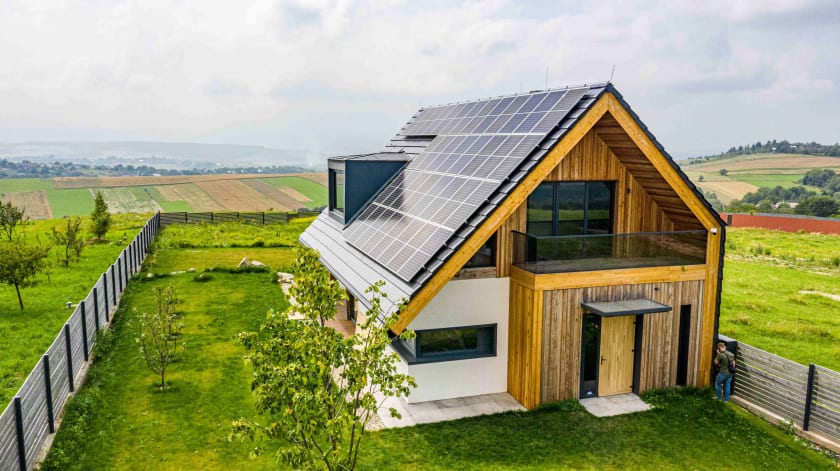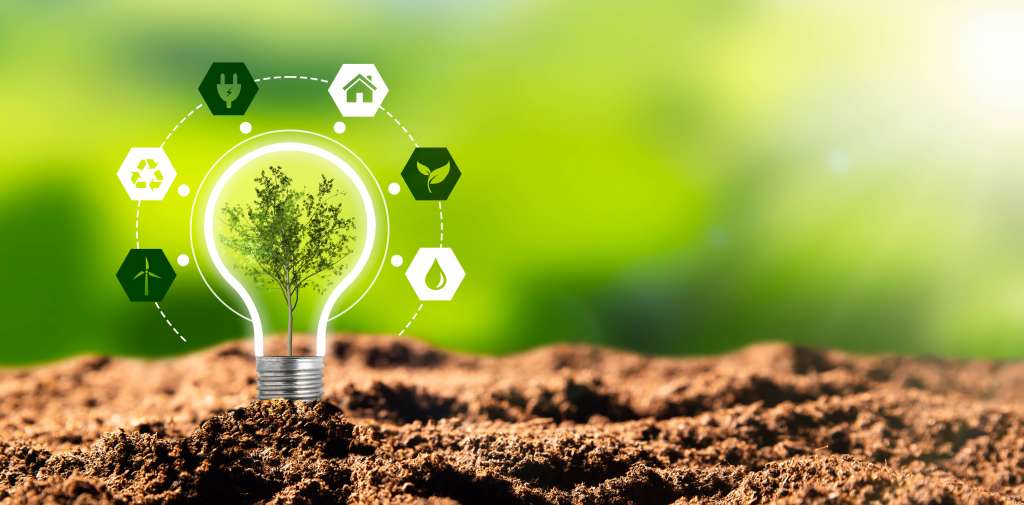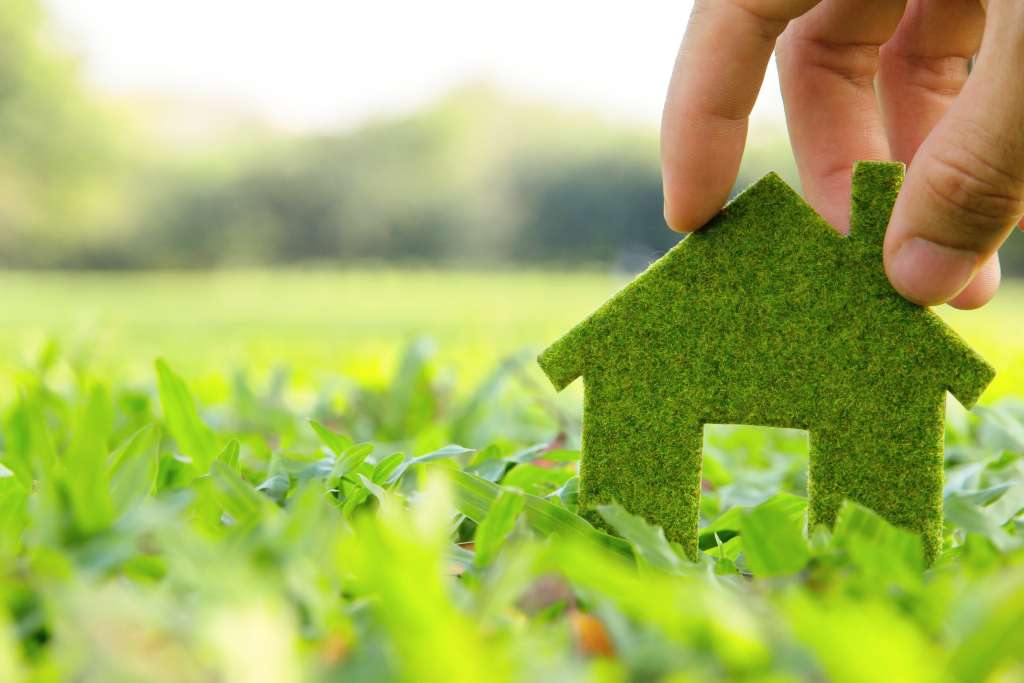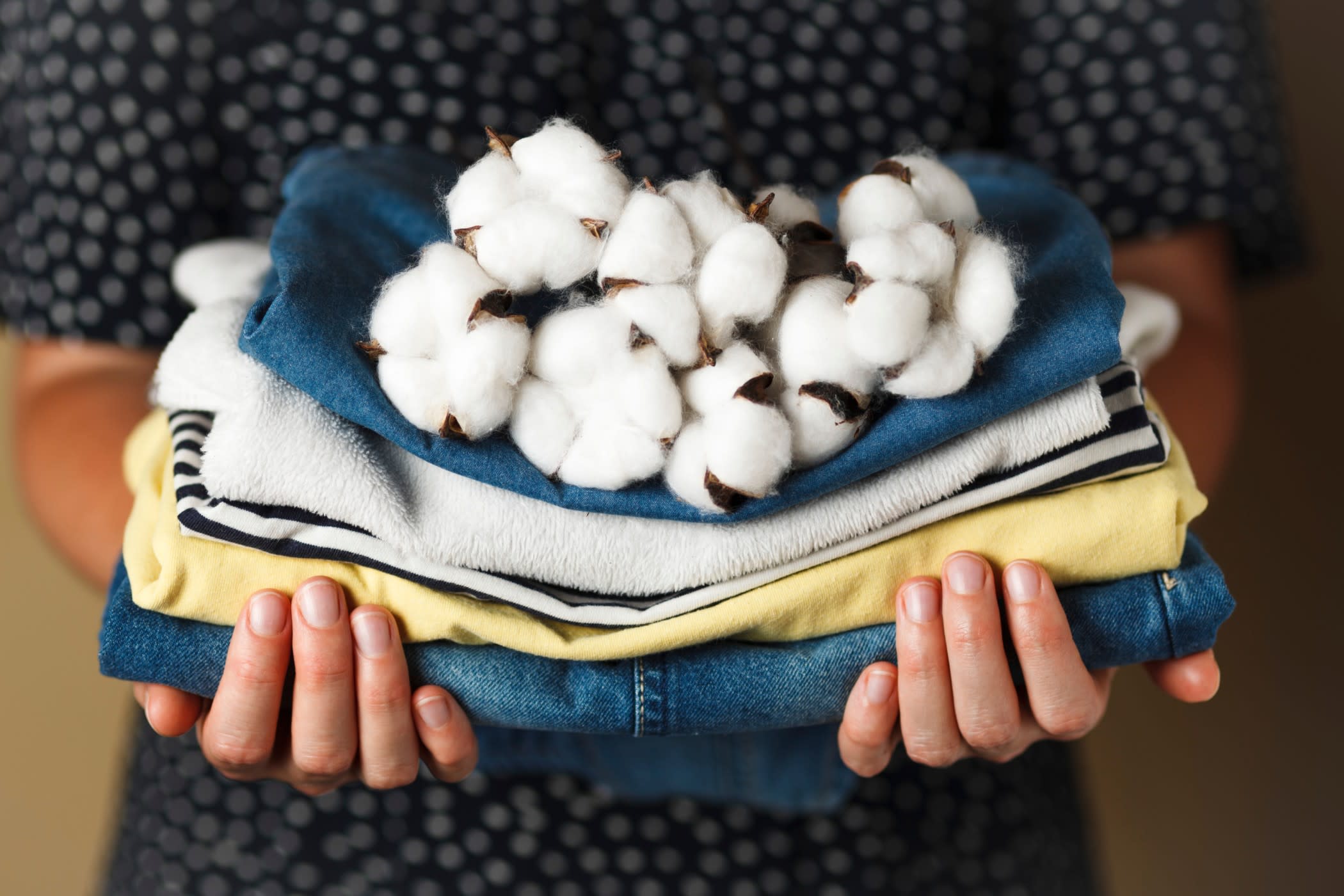Eco-homes: What Are They And How Do They Work?



Summary- It is becoming increasingly popular to live in eco-homes this season, as people become increasingly environmentally conscious. In addition to solar panels and rainwater harvesting systems, eco-homes are also designed and built using sustainable materials and energy-efficient appliances. An eco-home may be the right choice to live an environmentally responsible lifestyle.
The Idea of #livinginanEcohome!
Environmentalism is so in this season that many people buy houses or apartments with an environmentally responsible lifestyle in mind. Going green doesn't only mean conserving energy in the house - it also includes using sustainable materials that don't damage the environment, reducing the carbon footprint, and improving the air quality. This article provides readers with a quick-start guide on how eco-homes work and why it's so popular due to rising environmental concerns.
How Does an Eco-home Work?
Eco-homes are becoming increasingly popular as people become more conscious of the environment. These homes are designed to be as energy efficient and environmentally friendly as possible. They usually have features like solar panels, rainwater harvesting, and green roofs to help reduce their carbon footprint. Eco-homes can also be made from sustainable materials like bamboo and recycled plastic.
What Environmentally Friendly Features Do They Offer?

Eco-homes can be more environmentally friendly than traditional homes in several ways. Some features that eco-homes may offer include:
-Solar panels to generate renewable energy
-Geothermal heating and cooling systems
-Water conservation features such as low-flow fixtures and rainwater harvesting
-Energy-efficient appliances and lighting
-Low VOC paints and finishes
Choosing an eco-friendly home can help reduce environmental impact and save money on utility bills!
Pros and Cons of an Eco-home?
We all want to do our part in saving the planet, and one way to do that is by opting for an eco-home. As interest in sustainable living grows, so does the demand for eco-homes. But what exactly is an eco home, and how does it work? Here we look at the pros and cons of eco-homes to help you decide whether or not to go for an eco-home.
Pros:
1. Eco homes are designed to be energy-efficient, which means lower utility bills for you.
2. They often incorporate green features like solar panels and rainwater harvesting, which can further reduce the carbon footprint.
3. Eco-homes tend to be built with sustainable materials like bamboo and recycled glass, which are better for the environment than traditional building materials.
4. Living in an eco-home can help you connect with nature and your community, as many people who choose this lifestyle are interested in sustainable living and protecting the planet.
5. Eco-homes often appreciate value faster than traditional homes, so they can be a wise investment and a more environmentally friendly option

Cons:
1. Eco-homes often cost more than traditional homes. Building materials that are efficient and renewable can be more expensive. On the brighter side, many of the extra costs can be recovered through tax credits, energy savings, and reduced repair bills.
2. Some sustainable features, like solar panels, may require extra maintenance.
3. You may need to make lifestyle changes to live more eco-friendly, like reducing energy consumption and waste production.
4. Not all neighborhoods will have eco-homes available, so you may need to move to a different area to find one.
Eco-homes for Sustainable Fashion Brands
The thing about sustainability is that it's not just about reducing carbon footprint or recycling more. It's about a whole lifestyle change that can be difficult to make. But the good news is, it doesn't have to be all or nothing. Taking small steps toward a more sustainable life can still make a big impact.
But why stop at homes? Sustainability should be extended to all areas of life, including the fashion and textile industries. Fashion industries have a huge impact on the environment, so it's important that they start making changes too like
- Using eco-friendly materials,
- Swapping out synthetic fabrics for natural ones,
- Using less water in the dying process, and
- Choosing environmentally friendly dyes
Making sustainability part of your life is not only important for the environment – it's important for future generations too. So let's start making those changes today!
Be a Part of the Green Revolution!

Eco-homes are becoming increasingly popular as more and more industries look for ways to reduce their environmental impact. These homes typically use less energy and water than traditional homes, and they often incorporate sustainable materials and design features that help minimize environmental impact.
If you're interested in learning more about eco-homes, or if you're thinking about making some green changes, Fashinza can be your trusted partner in this journey, taking care of logistics by using end-to-end sustainable supply chain solutions. For an eco-friendly supply chain experience, visit us at Fashinza.
Key Takeaways
- The term eco-home can be used to describe a home that is designed and constructed in such a way as to use resources and power as efficiently as possible.
- An eco-home has a low environmental impact and high energy efficiency.
- Sustainability should be extended to all areas of life, including the fashion and textile industries.



















